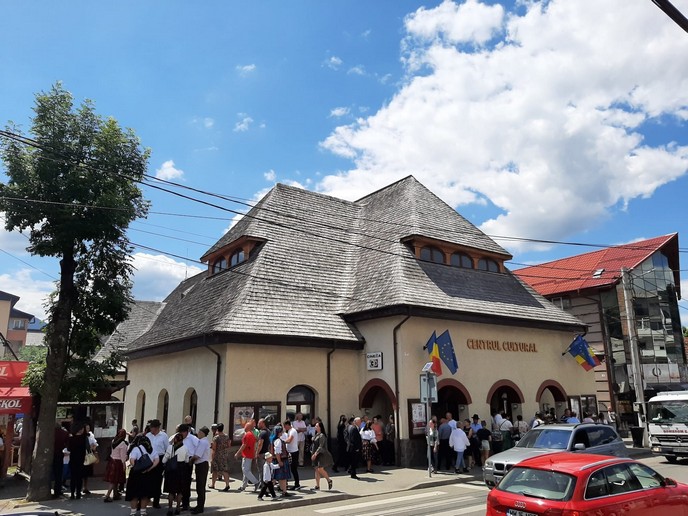How migrants influence democracy back home
International migration and democratic development are important contemporary concerns and the EU-funded MIGRADEMO(opens in new window) project investigated if there were links between the two. ‘Do emigrants influence democratic processes at home through their remittance of money and ideas?’ and ‘Do return migrants bring back new understandings about democracy?’ were just some of the questions addressed by the research. The team of social scientists researched the relation between migration and democratic diffusion across Morocco, Romania and Türkiye, using different methodologies. These included political ethnography, qualitative interviews and large face-to-face household surveys. “International migration is mainly cast as a challenge for countries of residence, but our research shows how migrants connect their countries of residence and origin, and how they can be agents of political change,” states Eva Østergaard-Nielsen, principal investigator of MIGRADEMO. She adds that this work has been built on a pre-existing research agenda that is growing worldwide.
The power of financial and social remittances
One of the project’s main findings concerns the relative importance of financial versus social remittances – money versus ideas – in influencing attitudes to emigrant political influence. Applying the same survey experiment in regions of high outmigration in the three countries, the project found that context is paramount in determining which type of remittance has greater impact. In Morocco, both scenarios where non-migrants receive financial remittances and where they receive social remittances have strong effects: respondents view emigration and the social, economic and political influence of emigrants in a positive light. However, in Türkiye, social remittances do not significantly affect respondents’ views, while in Romania financial remittances are less significant than social ones. The findings broadly suggest that the influence of financial and social remittances depends on both local and broader national factors like political context, migration trajectory and public perception of migrants, indicating the need for further research into these dynamics. The project also revealed that remittances can strengthen democratic resilience. In Morocco, non-migrants who receive both social and financial remittances were more resistant to vote-buying attempts, being less likely to be targeted and to accept such offers.
Political impact across borders
During fieldwork, the MIGRADEMO team documented a remarkable case in northern Romania: the election of an emigrant as mayor, which involved intense mobilisation from abroad. “Motivated by a strong desire for change and innovation in local politics, migrants living in Italy canvassed their families and friends from afar and returned to vote on election day. Their candidate ousted the longstanding party and incumbent in a case of migrant-led change at the local level,” notes Østergaard-Nielsen. Furthermore, the project generated a new large-scale dataset based on aggregate information on emigrant voting patterns. One interesting finding from this dataset is that emigrants living in countries with anti-immigrant political parties become more supportive of pro-democratic, minority-inclusive parties in their homeland elections. MIGRADEMO also aimed to understand which individual factors determine the circulation of democratic ideas. In one of its survey experiments, it explored which types of migrants non-migrants are most willing to listen to politically. The results point to a clear pattern: people are more likely to listen to, and politically support, returning migrants who have achieved employment success abroad. The research demonstrates that migration’s impact on democracy is neither automatic nor uniform. “The relationship between migration and democratic diffusion must be understood in all its complexity,” concludes Østergaard-Nielsen. “The migration experience can alter the attitudes and values of individuals, but the way migrants influence their friends and family back home is contingent on a series of factors, which we aimed to disentangle.”





